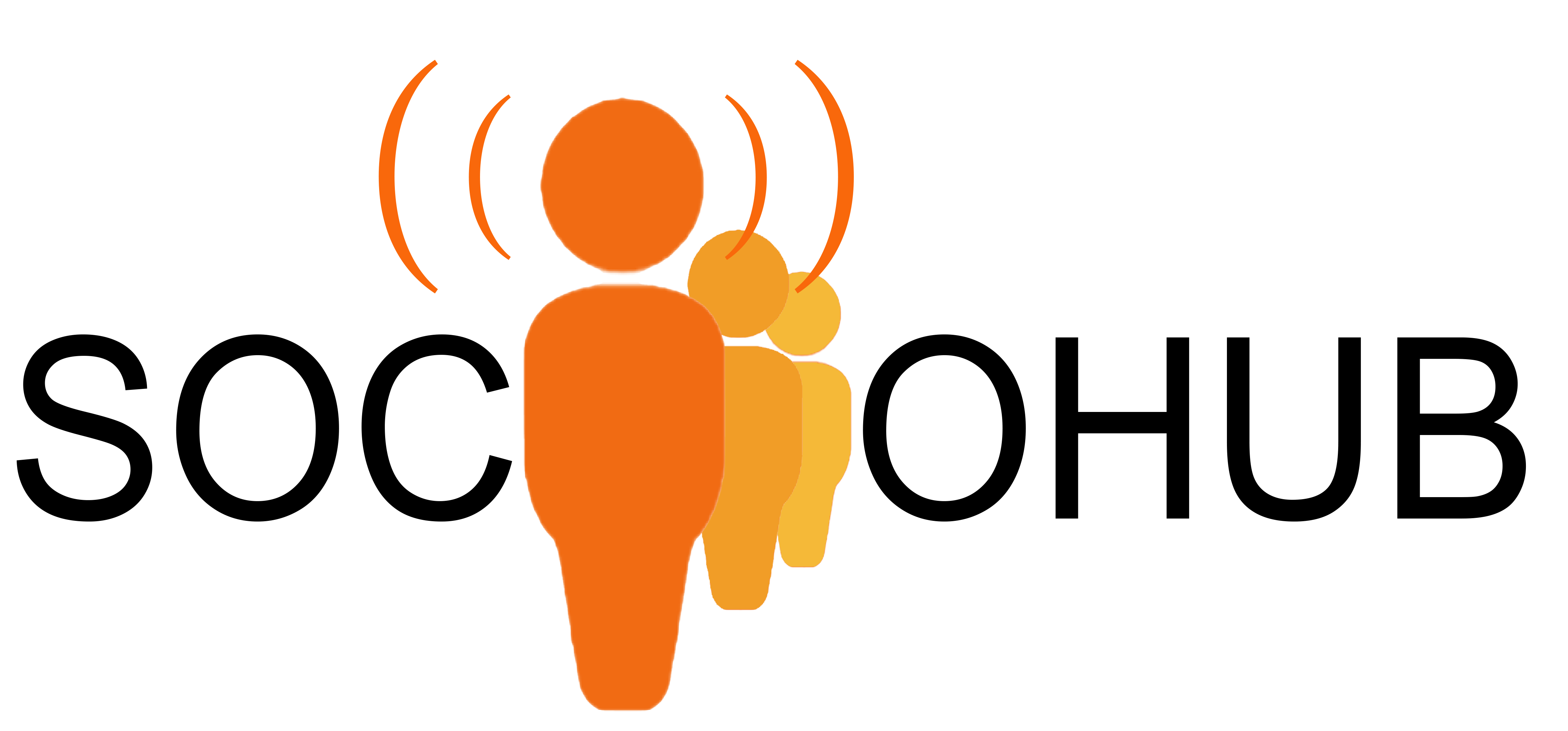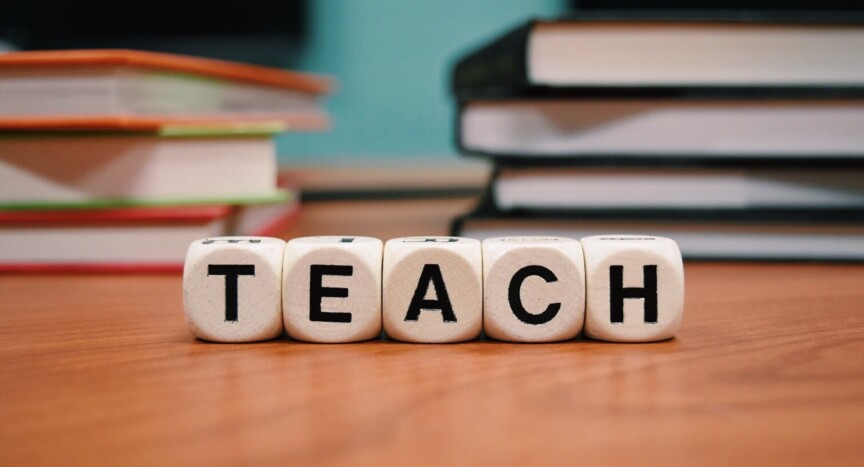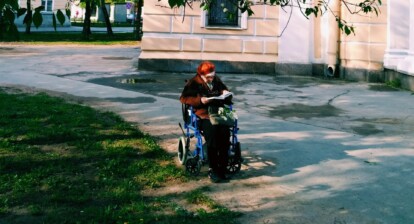This is a summary of the policy brief of Melissa Balla for the course The Social Structure of Western Societies. Learning loss involves the loss of any form of knowledge or skill, including regular changes in study progress, for example stopping school for long summer vacations; i.e. the ‘summer learning loss’. Regular and irregular breaks from physically attending school have been exacerbated by lockdown measures. As learning losses are not equal, but disproportionately fall on students from lower socio-economic backgrounds, this has worsened educational inequality in the Netherlands as a whole, according to Melissa. Trying to work from home and interacting less with other students are both demotivating in terms of active school participation.
The Dutch Education System
The author reports that seventy percent of Dutch schools are privately run and often from a religious background, and still receive financing from the government. The remaining schools are public, run by the local government. Though private schools must follow the national curriculum, they can reject students who do not fit with their identity, which public schools cannot. All Dutch students attend primary school, but when that ends there are three types of secondary education available, divided by vocational or academic tracks; ‘VMBO’ (vocationally focused), ‘HAVO’ or ‘VWO’ (more academic than VMBO). After secondary education, students usually move onto academic or vocational further education and training. The decision about whether primary school students attend a vocational or academic school is supposed to be defined by ability, but in practice the children of educated parents have a better chance of following an academic track in the Netherlands, even compared to students with similar test scores but with lower educated parents.
“In practice, the children of educated parents have a better chance of following an academic track in the Netherlands”
State of the art overview
Most of the research the author used was concerning the first 8 weeks of lockdown, and focused on primary and secondary school students. In these studies, students from lower educated households experienced 60 percent more learning loss compared to other students in the Netherlands.

In the Netherlands, pandemic shutdowns have been associated with less investment in schools, as they are closed. This means that there has to be an investment at home to compensate for these learning losses, which is not as easy for all student households. Characteristics such as socio-economic background play a large role in who is most disadvantaged by not going to school, and these more disadvantaged students were likely already at an educational disadvantage even before lockdown. This is because parents from higher socio-economic backgrounds have more time to work from home, generally have cognitive skills which are more applicable to their childrens’ schoolwork, and can provide more space, and thus a quieter, and more study focused area for their child than parents from lower socio-economic backgrounds. This is compounded by the fact that not all schools help their students equally during lockdown, especially in regards to checking homework, and providing parents with information and advice. A study has found that Dutch students in the academic track (VWO) receive more structured educational programs and online courses rather than children from the vocational track (VMBO). However, most Dutch studies linked learning loss to issues with parents and their background rather than schools. Dutch studies have emphasised how students from lower socioeconomic background experience much worse learning loss, and that Dutch students had a total of 17 weeks of learning loss for reading, 12 weeks for math and 6 weeks for spelling after the second lockdown, but that this was worse for students from lower socio-economic backgrounds.
Implications for the future
As lockdown happened so recently, the author states that the real impact of this learning loss will only become clear long term. There may be further disruptions to education, or programs to ameliorate and reduce levels of learning loss. Even longer term, Melissa speculates that students from disadvantaged backgrounds could experience worse income inequality in adult life. Learning loss discourages further education, removing avenue to socio-economic advancement for many students, particularly when compared to students from privileged homes. Though the effect on the Netherlands has been clear, countries with less well funded education systems or effective national internet infrastructures will be hit even harder. This means that inequalities caused by learning loss will not only increase within the Netherlands and other nations, but also between nations, and at a higher level between poorer and wealthier regions.
However, the author does provide policy recommendations to ameliorate or lessen the education inequality gap. Some of these suggestions include additional education, either through extra classes per day, or extra school days during breaks from school such as the summer holidays, possibly through the use of tutors. These students could also be given classes concerning socio-emotional skills, an indirect factor in less privileged students succeeding less often. At the same time, different approaches to filling in this learning loss must be studied, to find and improve the most effective approach. In addition, giving more resources and help to less advantaged schools means that these extra programs are not used by parents from good socio-economic backgrounds to further assist their own children, perverting the core reason for these programs.
Read her full policy brief here:







